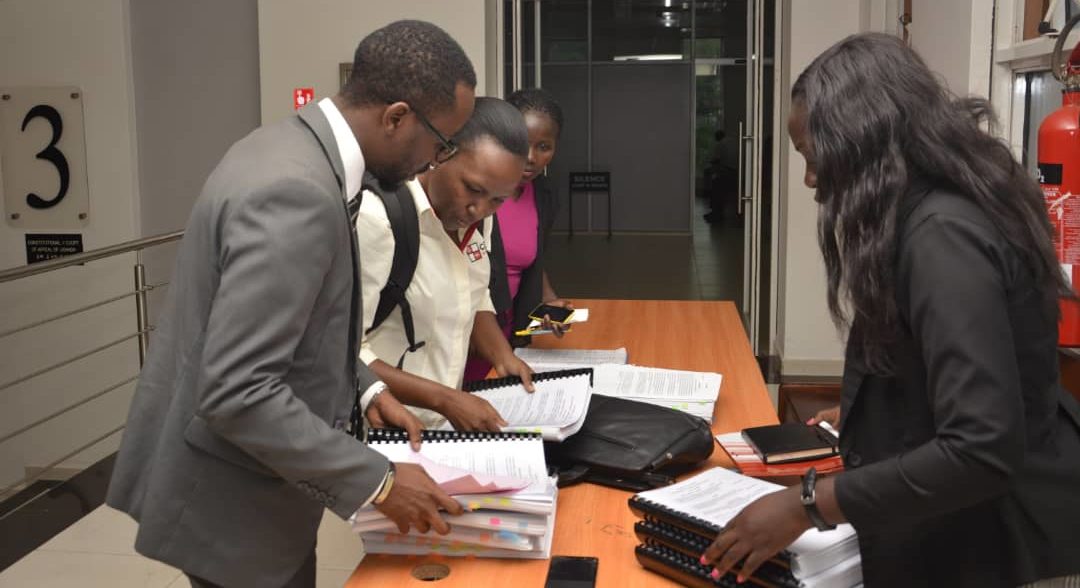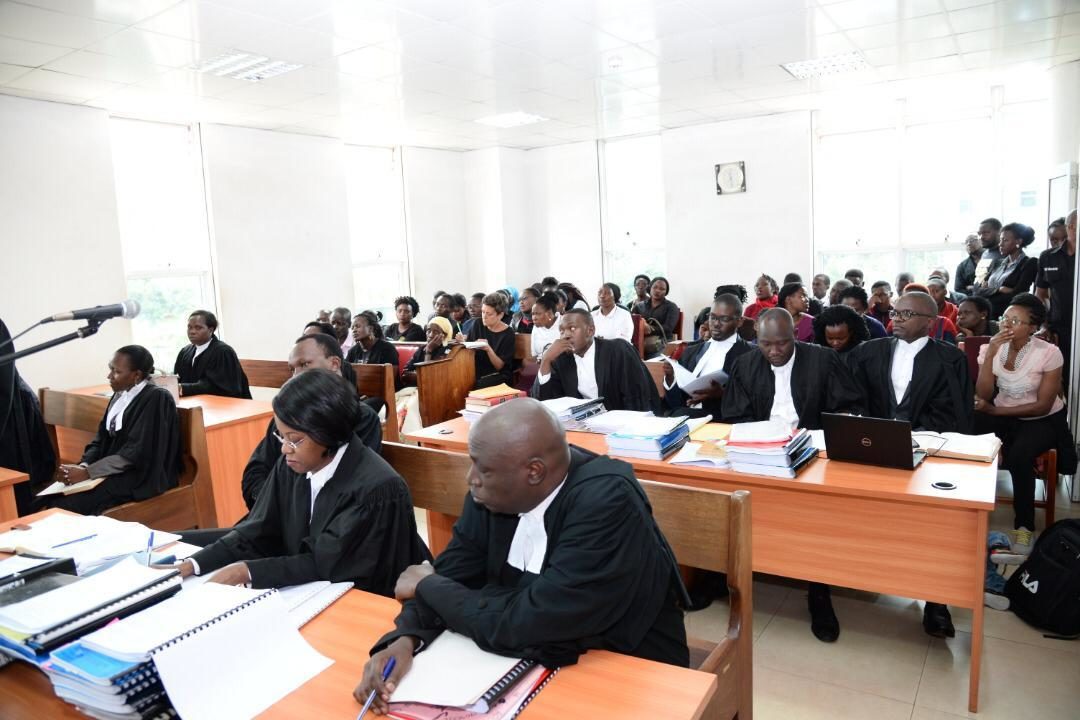Suicidal behavior has existed throughout human history, but due to several complex factors, it has increased gradually in all parts of the world and, in the past few decades, has reached alarming statistical levels. Close to 800 000 people die due to suicide every year, this is one person every 40 seconds.
It is important to emphasize that it is a topic that has attracted the interest of most fields of study for centuries, which is why it has been explored by philosophy, religion, medicine, sociology, bioethics, law, and psychology, among other fields. It is often believed that it is only adults who exhibit suicidal behaviors, but it should be made known that many children and young people engage in this kind of behavior as a result of violence, sexual abuse, bullying and cyber bullying.
A student in his final year pursuing Medicine at Makerere University this year committed suicide for losing his savings from his first year over 15 million shillings. Well most of you are wondering why a university student in his final year can decide to commit suicide for just 15 million shillings, it is very possible. A lot of focus is put on the adults forgetting that young people too face psychological torture that can mentally perturb them. Assume this student had someone to talk to about this, maybe he would be among those that are to graduate. Let us help society learn about the signs and symptoms, risk factors and warning signs, and ongoing research about suicide and suicide prevention because the effects of suicide go beyond the person who acts to take his or her life: it can have a lasting effect on family, friends, and communities.
Suicide is a global public health problem that deserves the attention of all the actors in the field of mental health, including scientific and professional organizations, organizations for mental health users and their families, and universities. It deserves particular attention from government and national health authorities, since it is their responsibility to craft policies and directives aimed at establishing strategies to prevent suicide and promote the public’s mental health. Not leaving out the role of both print and audiovisual communication media and of social media, their participation can have positive as well as negative effects, depending on how they address this subject.
There are numerous complex factors that contribute to suicide, but what is most important is that all of our actions must be geared toward prevention. Accordingly, it is important that trans-sectoral and interdisciplinary action be taken by all of the actors involved.
Getting people to talk about a subject that tends to be a taboo and about which many hold mistaken and prejudiced ideas will help the community to learn about the risk factors so that they can identify and learn to address them.
Suicide is preventable and can therefore be avoided, which is why all of our efforts and public policies should focus on prevention. However, oftentimes, people who suffer from mental illness lack access to mental health services, sometimes because there are no services in their community and sometimes because they must wait months to be seen.
By: Faith Nabunya
Communication Associate at CEHURD





